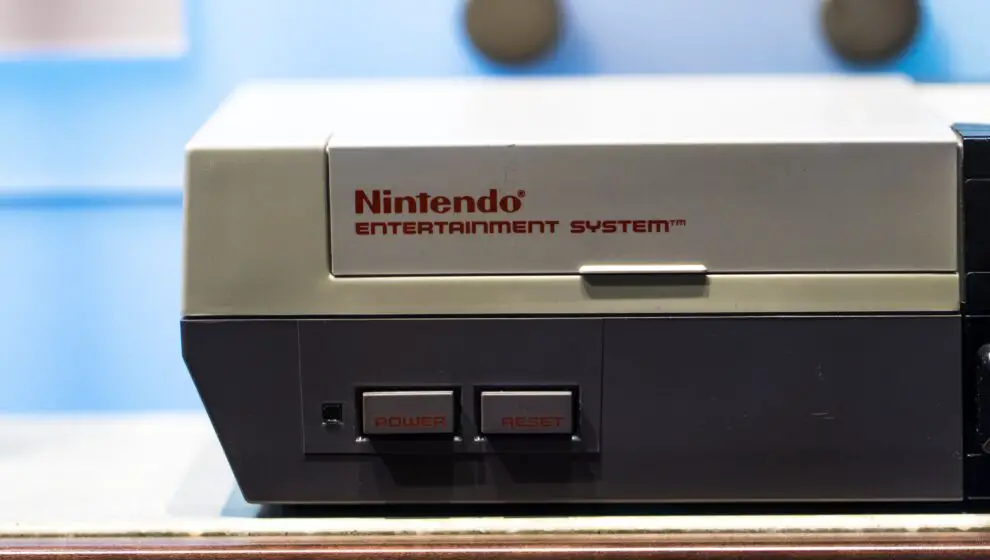The commercial video game industry only began in the 1970s, and archivists now report that its preservation efforts are failing, creating a “dire” situation for a significant portion of the art form.
Key Details
- A new study from the Video Game History Foundation found that 87% of all video games created before 2010 are no longer commercially available for purchase.
- The study claims that only 3% of games released prior to 1985 have been reissued and that the interests of the marketplace do not align with those of researchers and archivists.
- On Tuesday, Eurogamer reported that the popular licensed games Transformers: War for Cybertron (2010) and Transformers: Fall Of Cybertron (2012) had gone missing, with Hasbro allegedly misplacing the source codes on lost hard drives.
- Activision CCO Lulu Cheng Meservey responded to the allegation by saying, “We have the code; it’s not lost and never was.”
Why It’s Important
While out-of-print movies and book scans are often available for free on the internet through public domain websites, video games are another story. Video game companies continue to hold copyrights on unavailable games, which due to constantly evolving hardware, makes it difficult to update and rerelease games every five to ten years. Publishers see little incentive to rereleasing unpopular Commodore 64 or Atari games, and so entire libraries of art languish.
There have been some calls for preservation. Microsoft VP Phil Spencer told Axios in 2021 that he hopes the industry will make it a common goal to emulate older video games for modern audiences. Unfortunately, the video game industry is currently on track to repeating one of the greatest mistakes that the film industry made once before it.
Backing Up A Bit
As a result of poor preservation efforts in the film industry, 50% of all films made before 1950 are considered lost films, while 90% of silent films produced before 1929 are lost forever. These lost films include entries in the filmographies of popular filmmakers like Charlie Chaplin, the Marx Brothers, Alfred Hitchcock, and more.
Citizen Kane, widely considered the greatest film ever made, had its original negatives destroyed in a lab fire in the 1970s, and many hundreds of other films have been lost to poor storage and degradation over time. Modern prints of Citizen Kane are reconstructions that required painstaking restoration efforts.
As we previously reported, the film industry is making similar mistakes in the age of streaming by permanently removing exclusive streaming films from circulation, resulting in films from prominent actors and directors currently working in the film industry being deleted as a tax write-off, possibly forever.
Possible Solutions
There have been efforts to go back and reconstruct lost video games. Westwood Studios lost 1997 Blade Runner adventure game was rebuilt from scratch and rereleased as an Enhanced Edition in 2022. Popular licensed games like SpongeBob: Battle For Bikini Bottom were remade from the ground up and rereleased to high sales.
However, many popular video games are no longer available because the companies that own them have no interest in updating them and making them legally available. Hundreds of classic games owned by companies like Nintendo, Activision, and Electronic Arts are languishing, with used copies priced for hundreds of dollars in used markets.
The film industry once nearly lost Citizen Kane, and now the video game industry came dangerously close this week to losing two blockbuster Transformers games. The responsibility ultimately rests on video game publishers to update and release more of their backlog of historic video games before they are lost forever.
Notable Quote
“Our results question whether the commercial market alone can adequately preserve the medium of video games, particularly for the needs of researchers,” says study author Phil Salvador. “While the video game industry and cultural heritage institutions agree that video games should be preserved for both entertainment and study, there is disagreement about whether the commercial market preempts the need for libraries, museums, and archives to expand their preservation activities.”

